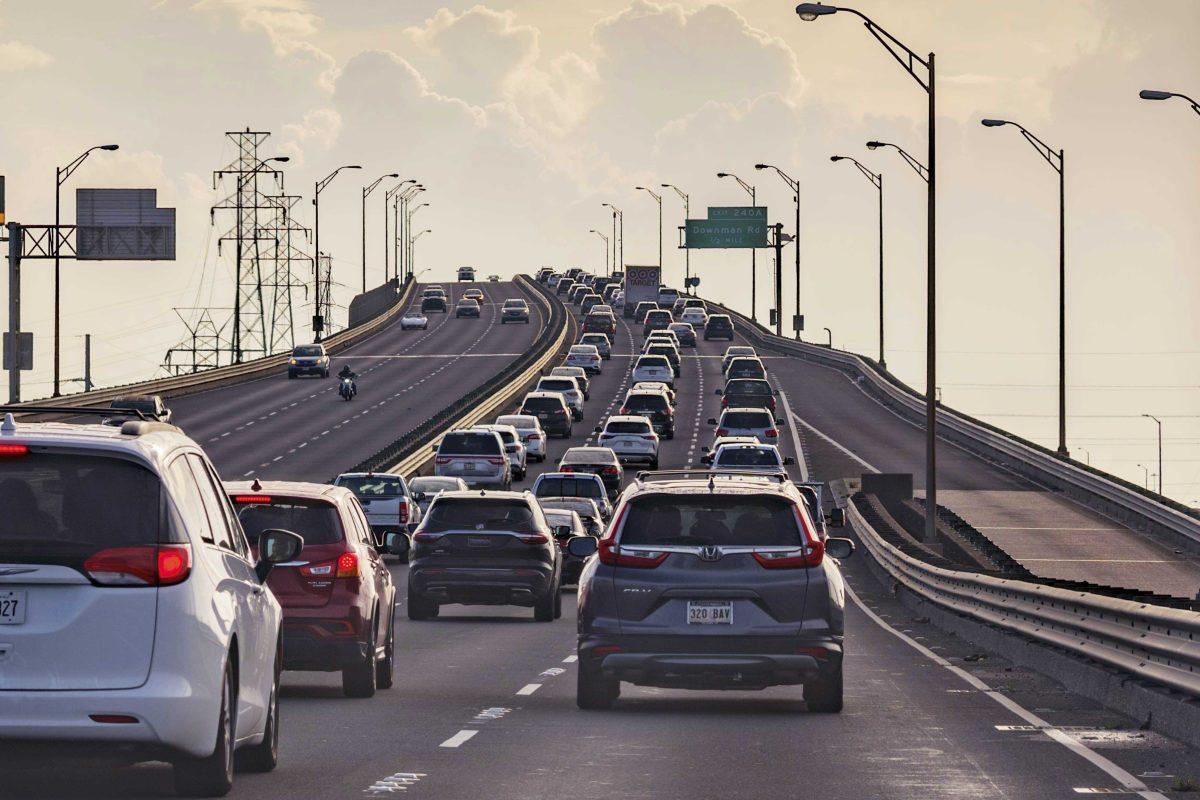Each storm is unique, but there are some constants in the aftermath.
One of those constants is the slew of unsolicited opinions—typically from my native region of the Northeast—blaming those who did not evacuate for their suffering. Many of these critics have never lived through a devastating hurricane, yet feel confident they know the way Louisianians ought to handle it.
Why wouldn’t they just leave?
I’ve heard this question many times throughout my life from Northerners looking down on the destruction of a Southern storm.
For some, this question likely originates from genuine ignorance. The Northeast doesn’t experience the frequency or intensity of hurricanes Louisiana does, meaning most have never had to consider the realities of evacuation.
For others though, this question is more rooted in a general disdain for the South. Some Northern liberals see a red state in crisis and smugly think, “well, they kind of deserve it” for not evacuating, for voting Republican or for living in Louisiana at all. This disturbing attitude is expressed subtly and loudly but remains all too common either way.
As climate change threatens to bring increasingly dangerous storms to the Gulf, it is more essential than ever that this bizarre blame pinned on storm victims is finally dispelled.
Evacuation is no simple task and remains a privilege many cannot afford, especially in a state where roughly one in five residents live in poverty.
Ida developed rapidly from a tropical storm to a devastating category 4 hurricane. In New Orleans, this left no time for contraflow traffic measures or mandatory evacuation inside the levees, Mayor LaToya Cantrell said.
Mandatory and voluntary evacuation orders were announced in several southeast Louisiana parishes and towns as Ida approached. While some areas like Terrebonne Parish provided transportation and other evacuation necessities, others simply encouraged residents to get out. Without providing resources to residents, evacuation orders ultimately left many behind.
Evacuation requires money for food, travel and housing. With a car, it requires the ability to find scarce gas. Without a car, it requires an efficient and accessible public transport system that, in many places, doesn’t exist.
For hourly workers, evacuation means having to decide to take a paycheck cut or risk getting fired for leaving. The first of the month approached as rapidly as Hurricane Ida, and the missing pay would leave many short on rent.
Many residents also stay for the benefit of others.
At our own university, people who may have wanted to evacuate—resident assistants, dining staff and other workers—stayed to keep the campus running. Grocery store clerks and gas station employees provided essential services to those leaving. Helpful family members or neighbors remained to be of service to those who relied on them.
Time, money and personal obligations all limit choice surrounding evacuation.
Louisiana needs the support of the rest of the country as it recovers not just from Hurricane Ida, but also last year’s disasters.
Please, to my fellow Northerners, use your energy for kindness and generosity, not misplaced blame or superiority.
Claire Sullivan is a 19-year-old coastal environmental science sophomore from Southbury, CT.





